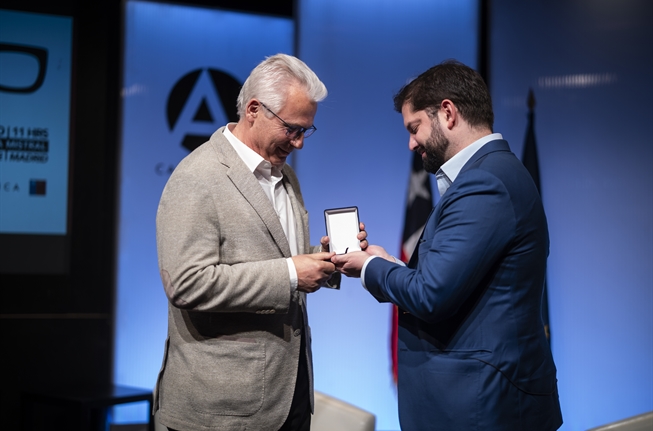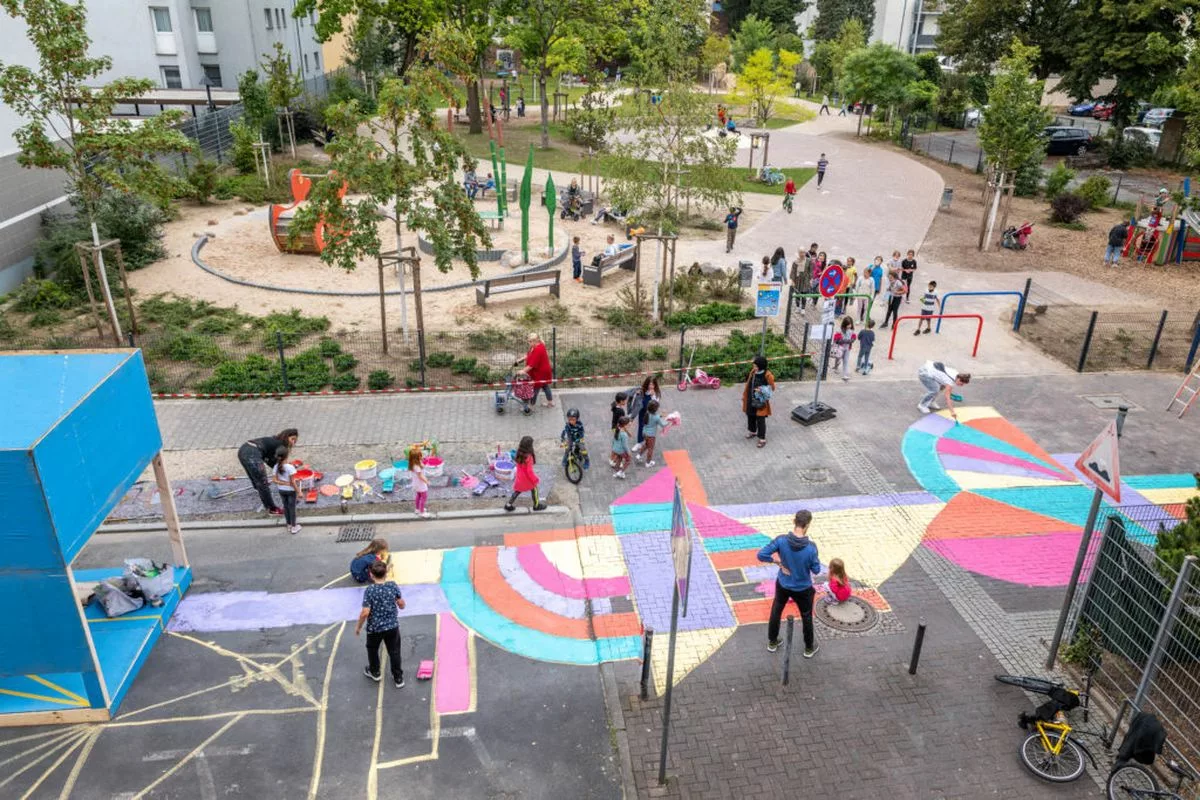Lectures: 130
Facing the commemoration of half a century of that fateful “11”, the tribute paid by the President of the Republic, Gabriel Boric, to the Spanish judge Baltasar Garzón – currently retired – appears as the most relevant fact in this difficult and complex time, of pensions and uncertainties.
On his recent tour of Europe, the Chilean president presented a medal of recognition to the magistrate in an act that took place at the Casa de América, in Madrid, for having ordered the arrest of the dictator Pinochet in London in 1998 for his repeated and atrocious violations of human rights for 17 years that cost the lives of no less than 5,000 compatriots, including 1,300 disappeared detainees, in addition to hundreds of thousands of tortured, exiled, persecuted, etc.
Boric recalled that a coup d’état took place in Chile on September 11, 1973, which put an end to democracy, its institutions, the National Congress, the parties and social organizations, after which a regime of terror was imposed by force of arms that it overshadowed the history of the country and of which it is not possible to boast, but only to reject and sanction.
The Chilean people were in debt to the prestigious jurist, which lasted for many years. Until now, he had not had the opportunity to express to Garzón his gratitude for the solidarity he had with the broken families and the humiliated people, and for the efforts he made so that international justice imprisoned the genocidal general for his very serious crimes against the defenseless majorities. .
The delivery of this distinction took place in the act called “Chile: memory and future 50 years after the coup d’état”, which was attended by Chilean and Spanish authorities. There the idea that a seditious coup is unacceptable against a constitutional government, democratically elected and that nothing, not even the most acute differences, justify the violation of the human rights of those who think differently from those who have installed themselves in power with possession of weapons as the only argument.
This act, its justice and its nobility, were not overshadowed by the hysterical reactions that occurred in the country. The right and the extreme right once again vented their hatred against the popular classes, seeking to discredit Garzón and his solidarity with Chile while maintaining his adherence to a tyranny repudiated throughout the world.
Recognition waited 25 years. After the dictatorship at the time when the two right-wing groups took control of the country and alternated in La Moneda, there was never a single word of gratitude for the solidarity purposes of the Spanish jurist in favor of the vast unprotected majorities who suffered the rigors of enduring a ferocious regime commanded by the captain general of mass extermination.
The Concertación, passive and fearful, and the parties of the oligarchy, ruled with their backs to history. They were not interested in the humanist cause and shamelessly continued with impunity. A “socialist” president determined to hide for 50 years the names of the thugs in uniform who murdered and tortured without consideration of any kind.
At that time, the accommodative political caste, the one that wanted to turn the page and forget, allowed the arrival at the National Congress of Pinochet, who proclaimed himself “senator for life” in the face of the disbelief of the relatives of the detained-disappeared. A mob of generals and coup admirals also arrived at that Parliament of shame, constituting a “military bench.” The biggest embarrassment was missing: when the dictator was arrested in London by order of Judge Garzón, the Frei-Insulza duo mobilized, did what they could and achieved his safe and sound repatriation, as a mockery for the people. Garzón’s measure sought to ensure that international justice managed to imprison the tyrant for so many crimes against humanity. He did not succeed, but at least he was active in the Chilean justice system, which remained idly by.
In Chile, Judge Juan Guzmán came to prosecute Pinochet, but he cowardly feigned senile dementia that saved him from ending up behind bars. This allowed the genocidal tyrant to die in complete impunity, well cared for in a bed at the Military Hospital, in December 2006. He was a despot, a thief and a traitor who, without succeeding, wanted to become a statesman protected by abuses and the corruption.
Garzón, who strove to do justice, gave an example that has remained in the collective memory, made news again in 2019, when he gave his support to the massive street demonstrations of the social outbreak, which upset Pinochetism and its henchmen. The street always rejected the dictator, his lies, his discrimination towards the poor and the projections he attributed to himself.
Pinochet left as his only legacy a pact of silence about so many murders, robberies, terror, destruction and death. Nobody could expect anything else from a very limited military man, eager for power and full of an irrational hatred of the popular classes, with narrow intellectual capacity. In contrast, Garzón burst onto the international scene with a powerful lesson in solidarity in favor of the victims of the illegitimate regime.
The words of the parliamentarians of the extreme right – the UDI and Republicans – who say that Boric traveled to give himself a personal and ideological “taste” do not fit. The president presented the commemorative medal of 50 years on behalf of all the people of Chile, grateful and moved.
Hugo Alcayaga Brisso
Valparaiso


